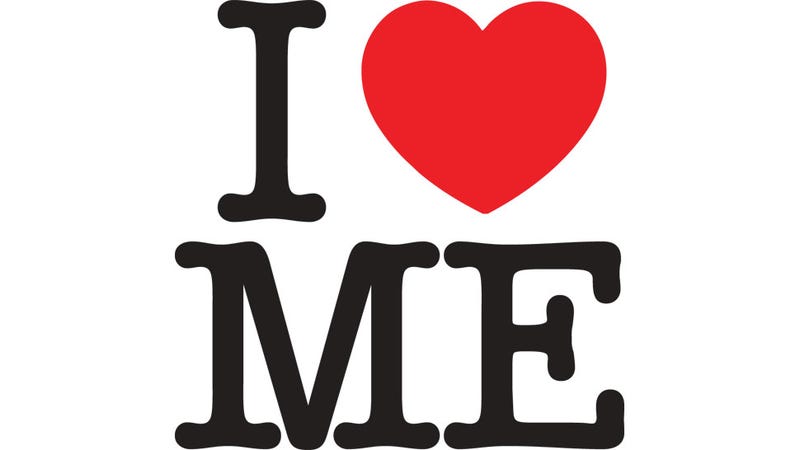
Hopefully, it’s not something that tinges our own souls.
It’s the epitome of pride. It is the end point for arrogance. It is the precise opposite of humility. And it is across our landscape.
These days, everyone is a “big deal,” for one reason or another.
About 6.2 percent of American adults meet the lifetime criteria for what experts dub Narcissistic Personality Disorder, including 7.7 percent of men and 4.8 percent of women. That’s more than twenty-two million in the U.S. alone.
It’s serious business. It prevents charity, divides families, breaks up marriages, and leads to selfishness. So prevalent is it that it’s one of the very most searched words on Google.

There are various labels. Egomania. Self-centeredness. We are to love ourselves but this is the wrong kind of self-love. Narcissism is one reason for so much materialism and abortion, as well as sexual abuse.
How to identify one?
A website provides pointers, listing the symptoms as including:
- Exaggerated feelings of self-importance
- A sense of entitlement, disconnected from any actual deeds
- Feeling superior to other people
- Preoccupation with fantasies of wealth, power, fame, and public praise
- Prioritizing competition over cooperation
- Cynical attitudes toward those who act unselfishly or express idealistic beliefs
- A lack of empathy and understanding of others’ motives
- Inability to see their own flaws or admit when they are wrong
- A belief that their interests are more important than the interests of other people
- A habit of dividing the world into winners and losers

We’ll have a commentary soon on the evil of enabling.
But on the point of narcissism, the emotional symptoms:
- A need for constant attention and flattery
- Frequent feelings of envy and resentment
- Impatience and a quick temper
- Extreme sensitivity to criticism
- Inability to adapt to change without feeling rage or frustration
- Unacknowledged feelings of insecurity, shame, vulnerability
- Moodiness, often accompanied by signs of depression
- Deep fear of being helpless or powerless
- An obsessive desire for revenge against anyone perceived as an enemy
Those with the disorder experience drastic mood swings — charming one moment, intensely hostile the next.
In their social interactions, people with narcissistic personality disorder will:
- Brag and boast (and sometimes lie) about their accomplishments
- Go out of their way to avoid associating with anyone they consider beneath them
- Dominate conversations by interrupting constantly and refusing to let others choose the topics for discussion
- Insult or demean other people as a way to make themselves look better
- Flatter those who flatter them, and criticize or denigrate those who criticize them
- React with indignation and offense when humorous remarks are directed their way, or if they are the subject of teasing. You can see more, again, here.
These are people in need of prayer.
“There is no disputing the disruptive capacities of narcissistic personality traits,” says another website. “Narcissists suffer from an extreme self-centeredness, which leaves them incapable and uninterested in seeing things from anyone else’s perspective. They suffer from delusions of grandeur boosted by feelings of infallibility, yet they are also highly competitive and insecure. They respond to the success of others with anger and envy, and they feel mistreated and overlooked if others fail to praise and compliment them repeatedly.
“Some people believe that early 21st century culture as a whole is helping promote narcissistic attitudes, which may explain why young people have the highest rates of NPD and elderly people the lowest (9.4 percent of the age 20-29 population versus just 3.2 percent among those 65 and older meet the criteria for NPD). Narcissism seems to be more on display than ever before in politics, business, and entertainment, and even mental health professionals who normally avoid social or cultural criticism have noted the popularization of narcissistic behavior in the broader society.”
Take a look around you.
If you want instant examples, simply turn to Facebook, Hollywood, country clubs, the fervor of selfies, Youtube, or television, where it resides all day every day, the antithesis of Christ.

